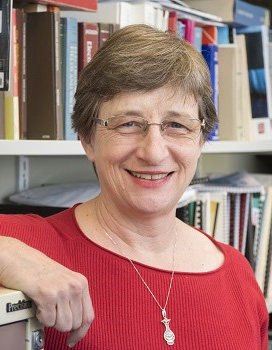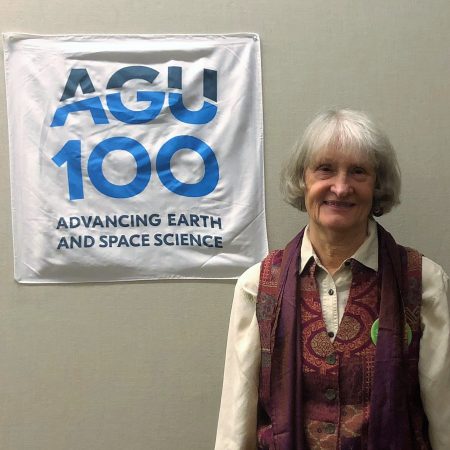Refine
Date Range Clear
Recorded by Clear
Keywords Clear
- Long Beach California 36
- Community 30
- Concordia College 36
- Army National Guard 36
- Concordia College Moorhead 36
- Brutal 36
- Collaboration 25
- #AGU100 36
- #AGU 35
- discovery 14
- NASA 13
- Advice 6
- changing planet 4
- planetary 4
- 237 more
Partnerships Clear
Organizations Clear
- American Geophysical Union 11
- Case Western Reserve University 2
- United Black Fund of Greater Cleveland Inc. 2
- Ameican Geophysical Union 1
- American Geophsyical Union 1
- 19 more
Places Clear
- Washington DC 41
- New York 9
- AGU 2018 Fall Meeting 35
- Cleveland 2
- Leadership Development Commitee 2
- 20 more
Languages Clear
Initiatives Clear
- No matching terms.
James Butler has studied atmospheric chemistry, ozone depletion for over thirty years. Now, as the Director of NOAA’s global monitoring, he helps direct research into the hole in the ozone layer and climate change. He knows firsthand that we have...
We talked about my Dad’s life and how he grew up and the impact it had on his life now.
Mara Jill Herman (Astoria) interviews her mom Emmi S. Herman (Searingtown) on Mother's Day, 5.9.2021. They chat about community, collaboration, vaccine awareness, and legacy.
Mandel School of Applied Social Sciences Student, Tiffany Mims, interviews Professor Celeste Terry, Assistant Executive Director of United Black Fund of Greater Cleveland Inc. to talk about her life, her work, her projects, and her insights about resilience, healing, and...
Krystal Yhap’s interest in urban water resource management was sparked by the conversations around water safety in Flint, MI. She’s now a graduate assistant at the University of Maryland studying the water system in San Francisco. She talks about her...
Michael Freilich, Director of NASA's Earth Science Division, shares about his life studying the oceans and Earth as a system. While still in his high school's oceanography club, he started exploring a question about how waves move that later became...
Eager to get out of the lab, Martha Savage spent the year immediately following her undergraduate graduation at the Amundsen-Scott South Pole Station where she worked as a cosmic ray observer. In this position, Dr. Savage, who is now a...
How did Biogeoscience become a recognized field of study, with its own journal and sections at AGU? What obstacles did its organizers have to overcome in order to make it a viable field and a welcome presence at AGU? In...
Erin Robinson is the Executive Director of the Earth Science Information Partners (ESIP). She knew from early on that she was interested in science and her field of remote sensing, from good science teachers in middle and high school to...
Laurie Brown, Professor Emeritus at the University of Massachusetts, has been a member of AGU for 46 years. She shares her observations on the growth of paleomagnetism at AGU and its importance in helping address climate. She also discusses how...

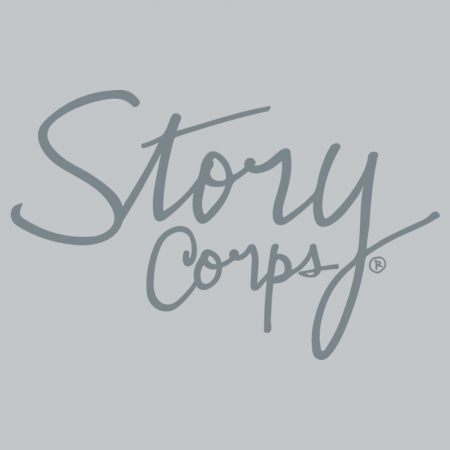
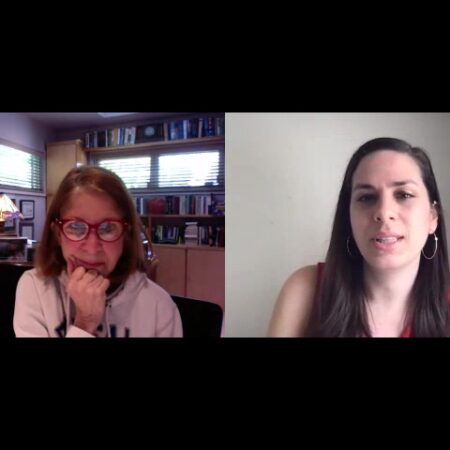
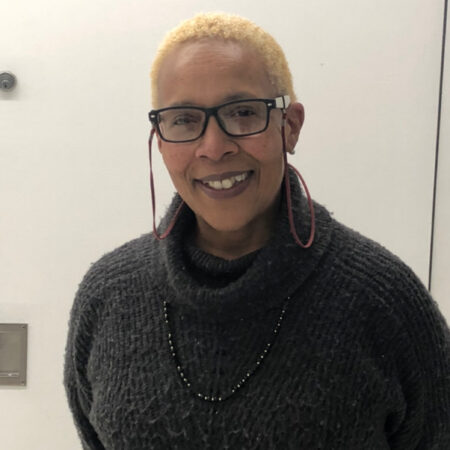
![“I'd love to see more collaboration happen and [it is] integral in terms of science working in the future.” An interview with Krystal Yhap](https://archive.storycorps.org/uploads/2019/07/Headshot-KYhap-450x450.jpg)
!["I joined an Oceanography club & actually asked the question that ended up [being] my thesis." an interview with Michael Freilich](https://archive.storycorps.org/uploads/2019/02/181212_Freilich-450x450.jpg)
